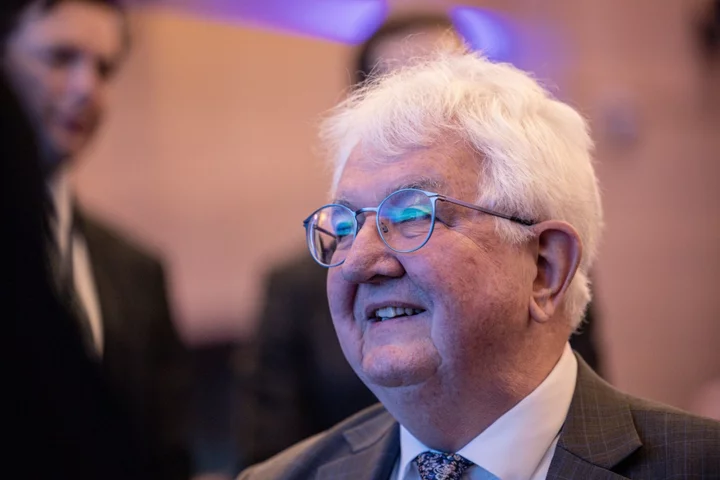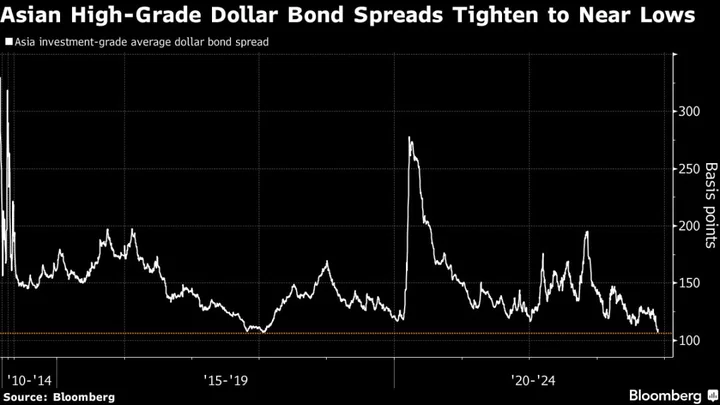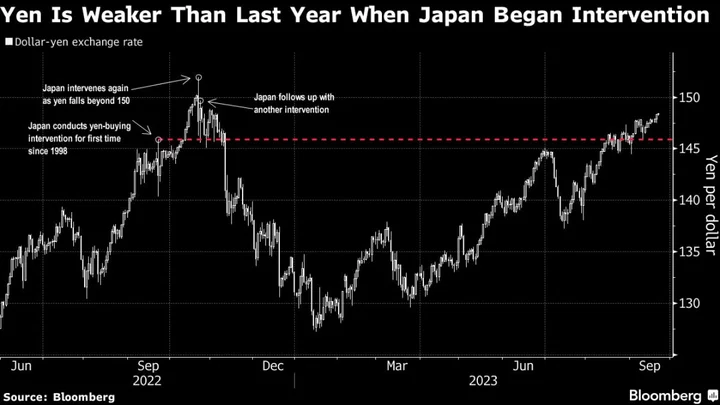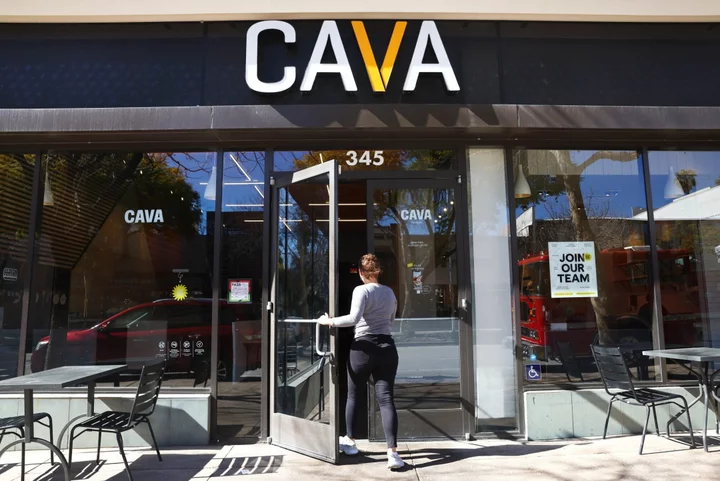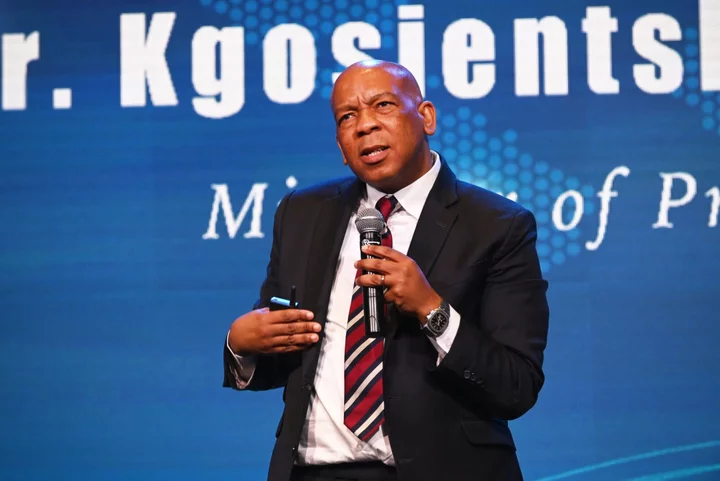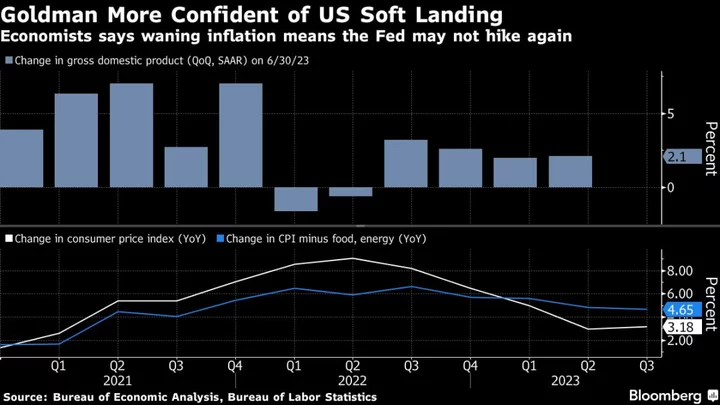The European Central Bank should increase the amount of money it requires lenders to park with it interest-free by as much as 10 times, Governing Council member Robert Holzmann told the WirtschaftsWoche magazine.
“Banks benefited significantly from unconventional monetary policy during the crisis,” Holzmann said in an interview published Wednesday. “If we’re forced to take similar measures again in the future, we’ll need reserves in our balance sheet. I therefore suggest the banks deposit more money with us without interest as minimum reserves.”
Firms currently need to hold 1% of certain liabilities — mostly customer deposits — at the ECB. In July, officials decided to stop paying interest on those holdings. At the time, some wanted the central bank to also raise the amount required from banks, arguing that 2% had been the rule before 2011.
Holzmann, one of the Governing Council’s most hawkish voices, said “I’m thinking about 5%-10%,” while acknowledging that “this will lead to an outcry from the banks.”
A German lobby group that represents Deutsche Bank AG and Commerzbank AG already slammed the potential measure this week, saying a tougher requirement would be equivalent to a tax and hurt the ability of firms to lend.
Bundesbank President Joachim Nagel is among those who’ve backed increasing reserve requirements, though he’s suggested such steps aren’t imminent. The decision to scrap interest on the reserves was a “careful step,” he said last week, adding that he may “certainly bring up the topic again next year.”
By contrast, Bank of Spain Governor Pablo Hernandez de Cos has said that further action “doesn’t seem obvious to me.”
The ECB has argued that paying no interest on the reserves — which were previously remunerated at the deposit rate — will improve the “efficiency” of its policy by reducing the amount that central banks will have to pay out to lenders.
After raising the deposit rate to 4%, a level investors deem to be the peak in the ECB’s hiking cycle, officials are increasingly focusing on other measures — like reducing the balance sheet and the money still sloshing around the financial system as a result of stimulus measures taken when inflation was too low.
(Updates with bank lobby, other ECB officials starting in fifth paragraph.)

